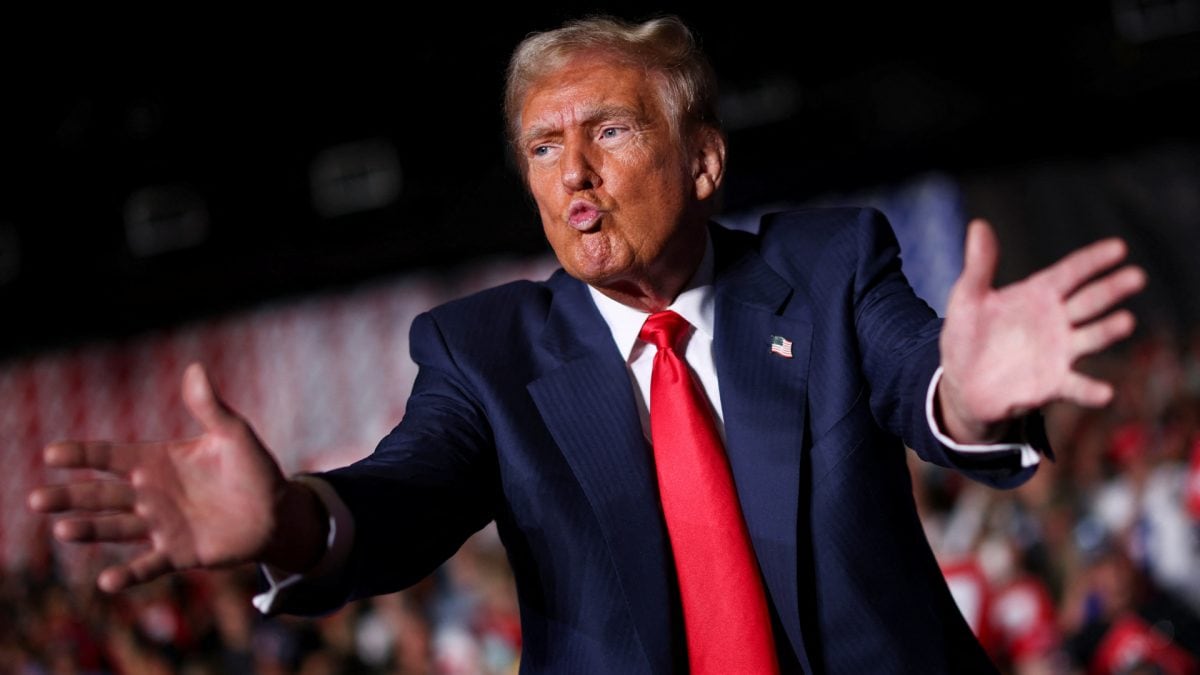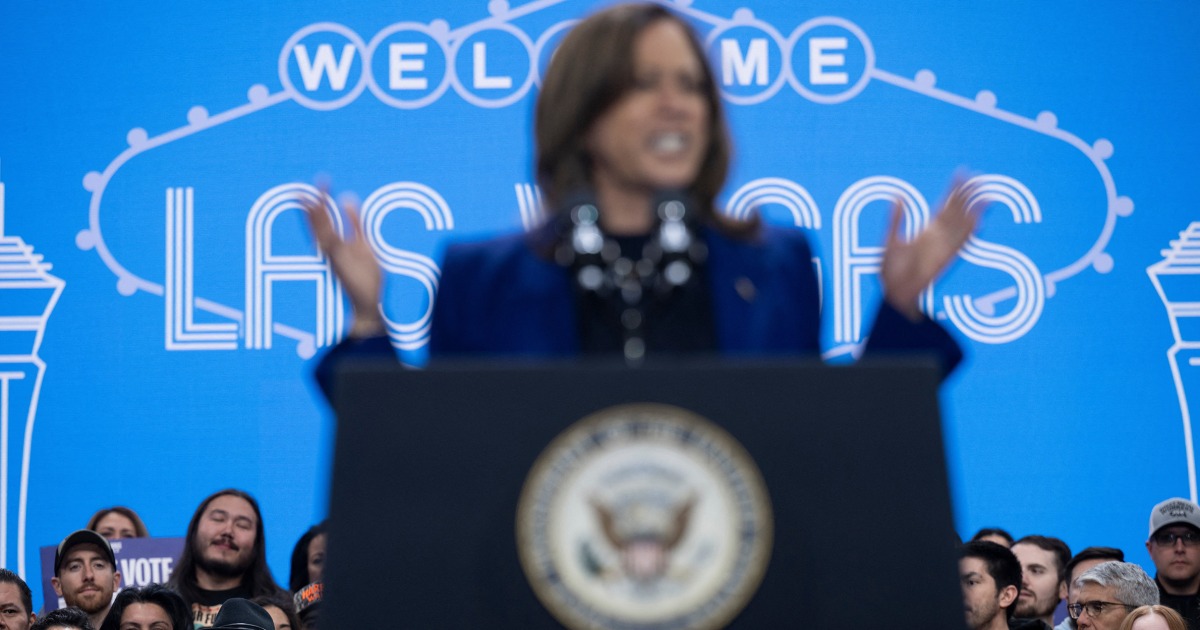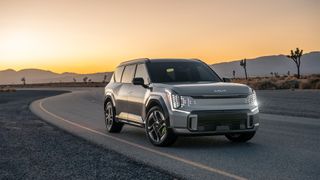
Donald Trump is back, winning the 2024 presidential race with just over 270 electoral votes. As he prepares to re-enter the White House, his victory has people wondering about the major tech and AI shifts his presidency could bring. Known for his mixed feelings on Artificial Intelligence—sometimes embracing its potential, other times eyeing it warily — Trump’s plans for the sector are already making waves.
Trump’s dislike for regulating AI firms is no secret. Throughout his campaign, he shared plans to shake up the American AI ecosystem. A hot topic is his intention to scrap President Biden’s 2023 Executive Order on AI, a rule focused on strict measures to curb AI misuse and avoid spreading misinformation.
Trump has called these regulations stifling, and he’s eager to hit the delete button. Making AI Great Again Despite some eyebrow-raising comments Trump has made, like threatening to imprison Mark Zuckerberg for alleged election interference or accusing Google of rigging search results, tech leaders are mostly rallying around him. Jeff Bezos, founder of Amazon, congratulated Trump via X, saying the country has huge opportunities ahead and wished him success.
OpenAI’s Sam Altman kept it diplomatic, emphasising the importance of the U.S. leading AI innovation.
Even Sundar Pichai of Microsoft chimed in, calling this era a golden age for American innovation and pledging to work with Trump’s administration. Back in his first term, Trump acknowledged AI’s importance, even signing an order in 2019 to promote it. Fast forward to 2024, he’s used AI in his political campaigns, even expressing awe at the technology’s potential to do “crazy” things.
His enthusiasm signals big changes ahead for the tech industry. Elon Musk, CEO of Tesla and a long-time Trump ally, put serious money — $175 million, to be exact — behind Trump’s campaign. This support could pay off, especially since Trump isn’t a fan of the EV tax credits championed by Biden.
Musk, the biggest beneficiary, could influence the next chapter of the American EV landscape. Several ‘Manhattan Projects’ However, not everyone is entirely optimistic. Dan Ives from Wedbush Securities remarked that Tesla bulls are thrilled, as Musk will have a louder voice in Washington.
But Ives also warned on X that harsher tariffs on China could rattle the tech supply chain, impacting giants like Nvidia and making things difficult for companies like Apple and Tesla. A more aggressive stance against Beijing could slow the AI revolution, he said. Historically, Trump has favoured minimal government intervention, focusing on using AI to boost America’s edge over competitors, especially China.
Kai-Fu Lee, an AI expert and startup founder, wrote a detailed blog listing factors behind Trump’s victory, underscoring his hopeful outlook for America’s tech scene under the new administration. Trump’s allies are already preparing bold AI plans. America First Policy Institute, his go-to think tank, wants to launch a massive AI development effort akin to the Manhattan Project, especially in defence.
Critics of Biden’s policies argue that removing heavy-handed regulations will supercharge innovation and investments in AI. Supporters rejoice, others stay cautious Not every tech mogul has openly backed Trump, but a few have been vocal. Elon Musk is the most obvious supporter, but a16z founders Marc Andreessen and Ben Horowitz each donated $2.
5 million to a pro-Trump political action committee. Andreessen thinks Trump’s tech policies will be a boon for AI, and Horowitz even said on a podcast that the future of tech — and America — hangs in the balance, making Trump the right choice. Peter Thiel, PayPal co-founder and notable VC, also threw in his support, claiming he’d vote for Trump if forced to choose.
Even Crystal McKeller of Aloft VC mentioned that Trump’s policies would do more than just cut red tape; they’d stimulate tech growth. On the other side of things, Debarghya Das from Menlo Ventures pointed out on X that Trump’s past immigration policies weren’t exactly welcoming to skilled talent, making some wary of what’s to come. While some firms are excited, not all share the enthusiasm.
Yann LeCun, chief AI scientist at Meta, has criticised Trump and clashed with Musk on several occasions. Although Meta might benefit from relaxed regulations, LeCun clearly isn’t banking on any favours from Trump’s administration. Other companies, like Anthropic, have stuck to advocating for stricter AI guidelines.
They recently highlighted the need for urgent government action to minimise risks associated with unchecked AI growth. Trump’s ties with Musk are making OpenAI uneasy, given Musk’s past criticisms of the company. With Trump back in power, it’s clear that Sam Altman and OpenAI would’ve preferred a different election outcome.
Key players like Sundar Pichai still see a need for AI regulations to prevent any potential dangers. Even former OpenAI researcher Ilya Sutskever, now working on safer AI tech, would probably not be thrilled with looser rules. As Trump plans to integrate AI into defence, expect big developments that could benefit the private sector, especially startups focused on national security.
Striking the right balance between innovation and regulation will be crucial, and only time will tell how this tech-political saga unfolds..














